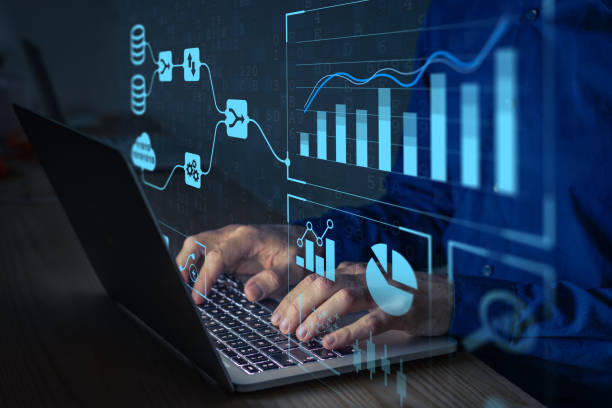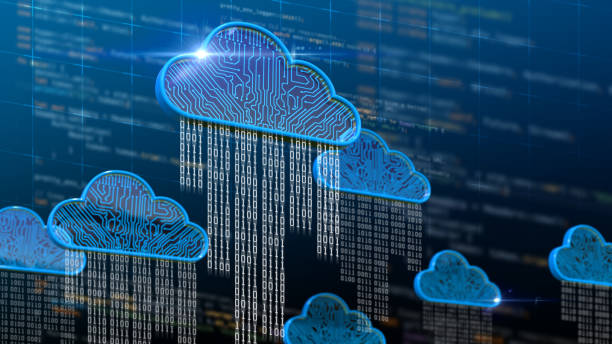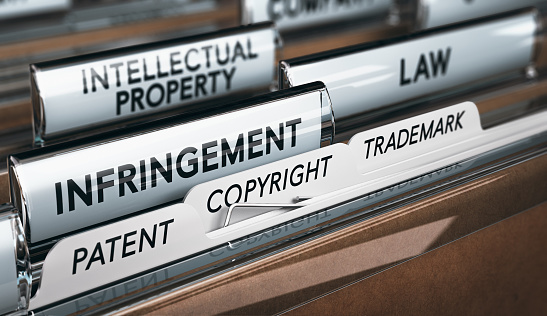Recent Articles
The 'License as Tax' Fallacy
Article, Spring 2022
Unreasonable: A Strict Liability Solution to the FTC's Data Security Problem
Article, Spring 2022
The Ping-Pong Olympics of Antisuit Injunction in FRAND Litigation
Article, Spring 2022
Content Moderation Remedies
Article, Fall 2021
An Empirical Study: Willful Infringement & Enhanced Damages in Patent Law After Halo
Article, Fall 2021
Recent Notes
The Best Data Plan Is to Have a Game Plan: Obstacles and Solutions to Reaching International Data Privacy Agreements
Note, Spring 2022
Mental Health Mobile Apps and the Need to Update Federal Regulations to Protect Users
Note, Spring 2022
Blog Posts
#Mark – Is a Hashtag a Use in Commerce?
Hashtags are additions to social media posts that contain meta-data. For example, a couple may create a hashtag for their wedding. This allows people using social network websites, like Twitter, to easily upload and find posts and photos about the wedding.
One interesting question is whether hashtags can be trademarks.
Blame it on the Robot?
Google-owned artificial intelligence company DeepMind recently succeeded at designing a program capable of defeating some of the world’s best players of Chinese strategy game Go. While this may not appear groundbreaking, the real triumph comes from the fact that while the programmers laid the ground rules, it was the program itself, AlphaGo, that taught itself to play.
Fake News in the News Yet Again
On January 11, 2017, the term “fake news” entered the mainstream discourse when Donald Trump, during his first press conference as President-elect, refused to take a question from CNN reporter Jim Acosta and told him, “You are fake news.” The source of that outburst can apparently be traced to a 35-page unverified document based primarily on memos complied by a former British intelligence operative that CNN had publicized. President-elect Trump immediately blasted the report through his favorite medium of communication, tweeting, “FAKE NEWS – A TOTAL POLITICAL WITCH HUNT!”
Putting the Future On Hold: How Fundamental Patents Stifle Progress
There’s a worrying trend occurring in the world of patents. As Electronic Frontier Foundation’s Daniel Nazer points out, more and more patents are being filed for the application of relatively “fundamental machine-learning techniques” to new areas, such as food consumption.
Should Lawyers be Afraid of Artificial Intelligence?
There is a 3.5 percent chance that lawyers’ jobs will be automated. That statistic seems appealing to those of us in the profession—especially relative to the chances for other “skilled” professions like financial advisers (58 percent of automation) and accountants (94 percent). However, this figure does not stand for the proposition that lawyer’ jobs will remain unchanged as the tendrils of artificial intelligence (AI) wind their way into jobs once thought too complex to be done by machines.
Health-Apps: Increasing Danger for Data Privacy
Wearable fitness trackers and wellness app technology use innovation to let consumers quantify and track their health. One burgeoning trend is the smartwatch. Smartwatches are equipped to track exercise, heart rate, GPS location of the wearer, and just about anything else. … Amidst market competition and growing consumer interest in tracking individual health, the market for wearable smartwatches has grown almost 70% in 2017. This increased interest and flourishing market for health insights, has consequently inspired scientific innovators to turn their attention to fashioning technology that can track actual medical conditions — such as asthma — and that can diagnose diseases. While this innovation introduces much needed preventative healthcare apps that can be accessible to a high volume of the population, it also raises serious questions about data privacy and fraud that must be considered.


